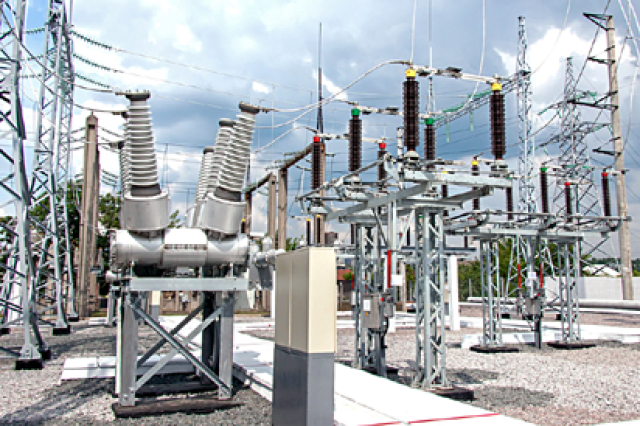The Nigerian government has been cautioned by the International Monetary Fund to eliminate what it referred to as indirect subsidies for fuel and electricity.
According to a recent IMF report, the subsidies are projected to consume three percent of the country's Gross Domestic Product in 2024, compared to one percent in the previous year.
The report praised the Federal Government for gradually phasing out expensive and inequitable energy subsidies, stating that this is crucial for creating financial room for development initiatives and reinforcing social safety nets while ensuring sustainable debt management. Fuel subsidies were removed by President Bola Tinubu's administration during his inauguration on May 29, 2023.
The IMF pointed out that "sufficient compensatory measures for the impoverished were not promptly expanded and subsequently halted due to concerns about corruption. By the end of 2023, capping fuel prices below the cost reintroduced indirect subsidies to assist Nigerians in coping with high inflation and currency devaluation."
The IMF also recognized that electricity prices had tripled for high-usage premium consumers on Band A feeders, which represent 15 percent of the 12 million customers responsible for 40 percent of electricity consumption.
As calls for the reversal of the Band A tariff from N206.80 per kilowatt-hour to N68 grow louder, the IMF suggested that "the tariff adjustment will help decrease subsidy expenditures by 0.1 percent of the Gross Domestic Product, while still providing relief to the poor, particularly in rural areas."
The warning was issued that implicit subsidies for fuel and electricity, with pump prices and tariffs below cost-recovery, could increase to 3 percent of GDP in 2024 from 1 percent in 2023. These subsidies are expensive and not effectively targeted, with higher income groups benefiting more than the vulnerable.
The IMF reiterated that once inflation decreases and support for the vulnerable is increased, costly and untargeted fuel and electricity subsidies should be eliminated, while maintaining a lifeline tariff.
It was projected that the implicit fuel subsidy could reach as high as N8.4tn in 2024, compared to N1.85tn in 2023, N4.4tn in 2022, N1.86tn in 2021, and N89bn in 2020. The electricity subsidy for customers under Bands B, C, D, and E was projected to reach N540bn by the end of 2024.
The Nigerian National Petroleum Company and the Minister of State for Petroleum (Gas), Heineken Lokpobiri, have consistently denied claims that the Federal Government was paying fuel subsidies through the back door.
Meanwhile, the IMF's recommendation to remove electricity subsidies comes at a time when Nigerians are protesting and urging the Minister of Power, Adebayo Adelabu, to revert the Band A tariff to its previous state.




















